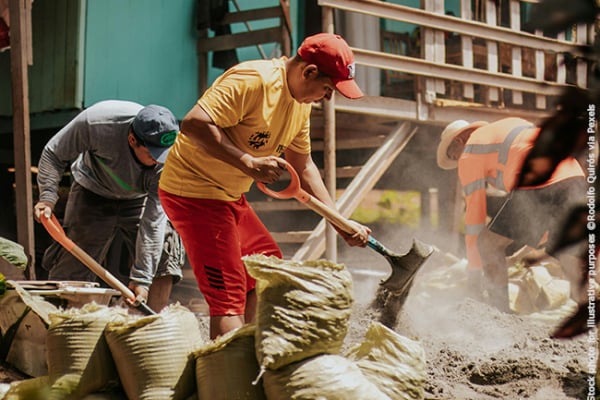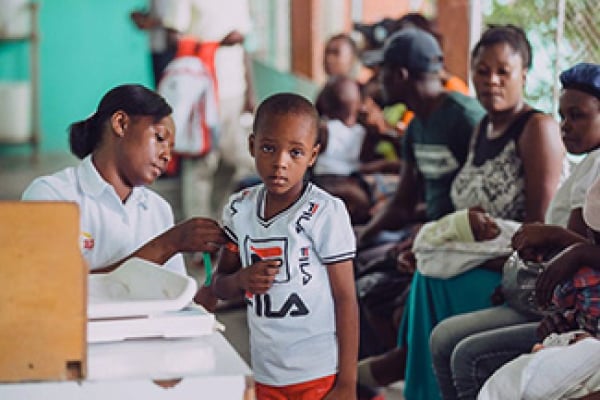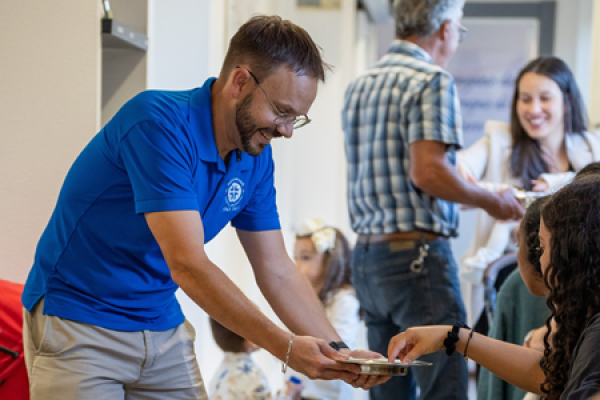When Charity Isn't Love
You meet someone on the street with a need; you feel compassion and want to show them the love of Jesus, but you have no idea what to do. Or, you hear of someone in your church struggling to pay their rent that month; you want to give money to help them, but you’re not sure if that would be a welcomed gift — or an insult. Sound familiar?
I, too, am often unsure what to do in situations like these — and that’s after 20 years of practice living in Haiti, one of the poorest countries in the world! I wish I could tell you I’ve found the perfect formula or the three simple rules to follow to invest your resources wisely. Unfortunately, this is real life, and real life is messy. When people are hurting, it’s not pretty. It’s not comfortable. It’s not always black-and-white. But it is an opportunity to live and love like Jesus.
I’d like to share some lessons I’ve learned throughout my time in Haiti. I hope they help you as you seek to love the world like Jesus does.
1. Tangible help for the hurting is best done in and through relationships.
When my wife Gaby and I first moved to Haiti, we were regularly inundated with people looking for help — not for frivolous luxuries but for real, tangible needs: medication for a sick child, a job to eke out a living or food for that night’s table. And most of these requests came not from scammers, but genuine people with urgent, life-or-death needs.
There was no way we could help everyone. There was no way we could help more than a handful. And, to complicate matters, we couldn’t easily separate a crisis brought on by a dysfunctional context from a crisis as the result of bad decisions (let alone a mix of the two).
However, as time went on, we grew to know these people in the context of our normal activities. We learned their regular needs — like paying for their kids’ education or medicine for an ongoing illness. We learned how to appropriately help without creating dependence on us or destroying our friends’ dignity and self-respect.
Because this help happened within a relationship, we could validate that the help was … well, actually helping. The relationship provided natural accountability, both on their end and on ours. Our ministry’s supporters back in the U.S. tracked with the stories of our friends and neighbors in Haiti who were helped by the ministry, and they regularly followed up with us on their progress (something we encouraged through our letters).
Because of this relationship between our friends in the U.S. and our friends in Haiti, we avoided the corruption that plagued some large, global foundations working in Haiti. The more personal the connection between the giver and the recipient, the less room for waste and corruption.
2. Learn to ask the right question.
We often ask, “What do I have that might be helpful?” But this question usually provides the wrong answer.
Here’s an example. After the 2010 earthquake in Haiti, various relief groups saw that people had lost their homes. To help, they shipped prefabricated houses made of treated wood and teams of expats to assemble them rapidly on the ground. A generous gift given from the right motives was all for nothing in the long run, because even treated wood does not hold up in the tropics. Furthermore, the way the homes were arranged didn’t reflect the cultural model of how the Haitian people live in community.
Instead of asking what you can give, ask this: “What do they need in the long run?”
What Haitians really needed after the earthquake were jobs. The funds dumped into Haiti could have funded thousands of people to clean up their own country and build their own homes — permanent block homes — in ways that fit their culture.
We did see the positive results of asking this question. One development group we knew well received a quantity of food to give away. They didn’t hand it out, nor did they sell it at a market for someone’s personal gain. Rather, they hired men in their impoverished community to dig a huge basin to catch water run-off, and they paid them with food. Long after they’d eaten the food, the men had a sense of pride that they had provided for their families and accomplished a project that benefited the entire community.
3. We need to redefine poverty.
A young woman from what we would call an impoverished community was asked what it means when someone is destitute. She replied, “It’s when you have a crisis and have no one to help you.”
What? She said nothing about an empty bank account or unemployment.
Rather, her definition involved a lack of relationships. In this physically-impoverished community, no one was seen as destitute because they all had each other in times of crisis.
This community doesn’t see itself as poor. They don’t need to be crippled by that label. Their biggest challenge is not their economic status, but rather the powerlessness to change that status.
The only way the economic condition of a community will be improved is if someone takes the time to live and function in community alongside them. The necessary long-term perspective cannot be gained without this investment.
It’s time to set aside the fruitless pursuit of an easy fix for economic poverty; it simply doesn’t exist. It’s also time to stop assuming there is nothing that you can do. Build relationships. Step outside your comfort zone. Get to know the people behind the poverty and you’ll discover what will really help them. Then do what you can to meet that need.
Don, married to Gaby, is an adult MK and former overseas staff member who helps disciple-makers from all generations be effective in life and ministry overseas.
Italicized names were changed to protect identity.
.png)

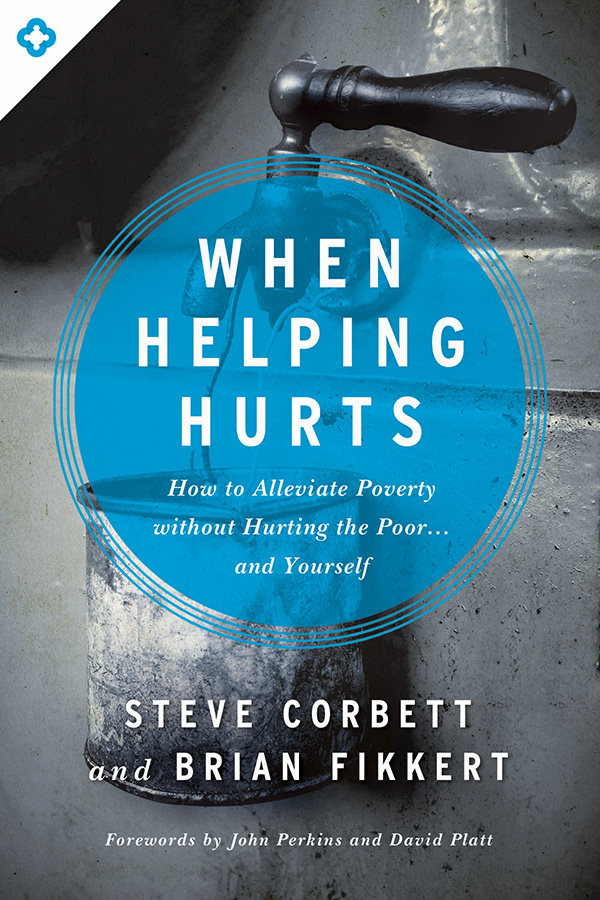
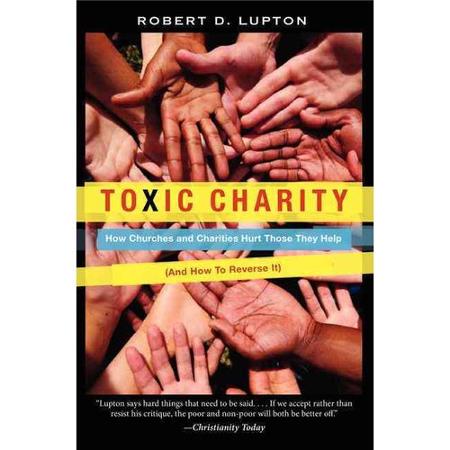
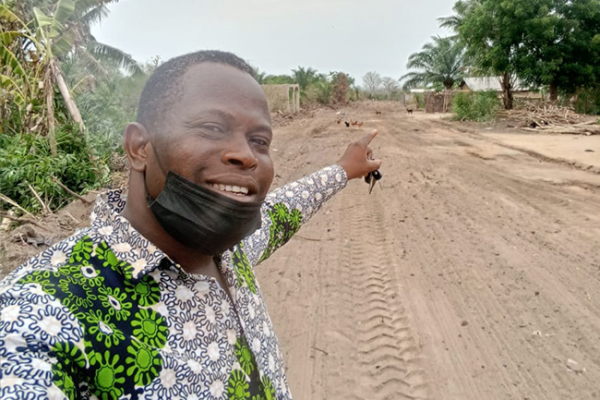
 By Crossworld
By Crossworld


